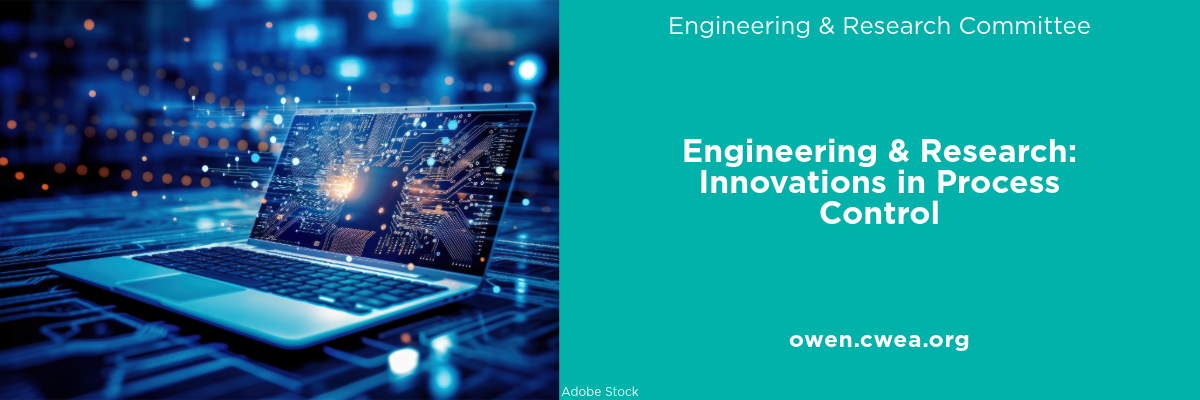
CWEA Members: $25.00
Non-Members: $35.00
1.2 Contact Hours Towards CWEA Certifications: AWTO
An introduction to next generation wastewater treatment optimization that incorporates AI and machine learning, Katya Bilyk, PE, Javad Roostaei, PhD, PE, MCS
Machine Learning holds the potential to provide more consistent treatment performance and higher efficiency by improving process control. The introductory talk to this webinar will present an overview of recent developments in the field.
Unifying wastewater treatment facility control through reinforcement learning, Henry Croll PE
Reinforcement learning (RL) stands out among machine learning techniques for its ability to produce better-than-human performance under complex tasks. This presentation will provide attendees key information regarding treatment control optimization scenarios in which a single RL agent controls up to eight independent actions.
Full Scale Digital Twin with Integrated Hybrid Model Predictive Controller for Ammonia Based Aeration Control, Jeffrey A. Sparks PE
This work encompasses the full-scale integration of a Digital Twin (DT) with a Hybrid Model Predictive Controller (HMPC) for Ammonia-Based Aeration Control. This is one of the first full-scale DT and HMPC implementations to be used for active control where the DT has a bidirectional live data connection with the control system. The overall intention of the HMPC is to comply with strict effluent Total Inorganic Nitrogen (TIN) objectives for Indirect Potable Reuse (IPR) while balancing operational costs, plant capacity, and energy usage.
Machine Learning-Enhanced Pathogen Removal in Potable Reuse MBRs, Samarth Suresh
This webinar will delve into advancements in potable reuse, focusing on Membrane Bioreactors (MBRs). MBRs offer a compact design and consistent pathogen removal, but nevertheless would require frequent pathogen monitoring in reuse. Traditional testing for Giardia and Cryptosporidium is cost-intensive and time-consuming. In this USBR-funded research, our project team has developed a machine learning predictive model using cost-effective microbial surrogates to serve as an early alert system. Preliminary results indicate machine learning could out-predict simpler linear methods. The discussed methods would also have broader applicability to E. coli and total coliforms for NPDES compliance